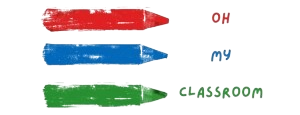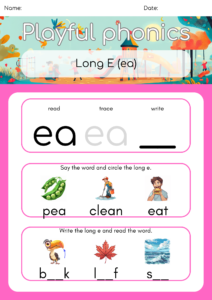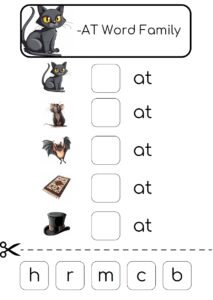
Writing and language usage at the kindergarten level involve the early development of skills that enable young children to express themselves through written and oral communication. These foundational abilities are essential for literacy and include:
- Pre-Writing Skills: Developing fine motor skills to hold a pencil, draw shapes, and scribble, which evolve into forming letters and simple words. For example, children may start by drawing lines or circles before attempting to write their names.
- Letter Formation: Learning to write uppercase and lowercase letters, often beginning with those in their own name. This includes understanding the difference between “A” and “a” and practicing proper strokes.
- Simple Word Writing: Attempting to write short, familiar words using invented spelling (e.g., “KT” for “cat”) based on their phonemic awareness and understanding of letter-sound relationships.
- Oral Language Usage: Expressing ideas verbally, using complete sentences, and expanding vocabulary through conversations, storytelling, and answering questions. For instance, describing a picture or sharing a personal experience.
- Understanding Conventions: Beginning to grasp basic writing and language rules, such as using spaces between words, capital letters at the start of sentences, and periods at the end, though application may be inconsistent.
The importance of writing and language usage at this stage is significant:
- Communication Skills: These skills enable children to share thoughts, ideas, and feelings, fostering effective oral and written expression.
- Literacy Development: Writing and language usage reinforce reading skills by connecting spoken language to written forms, enhancing overall literacy.
- Cognitive Growth: Engaging in writing and language activities develops critical thinking, memory, and problem-solving abilities, as children learn to organize their thoughts.
- Confidence and Creativity: Early success in writing and speaking builds self-esteem and encourages creative expression, allowing children to explore storytelling and imaginative play.
- Academic Foundation: Mastery of these skills prepares children for more complex literacy tasks in later grades, supporting long-term academic achievement.



